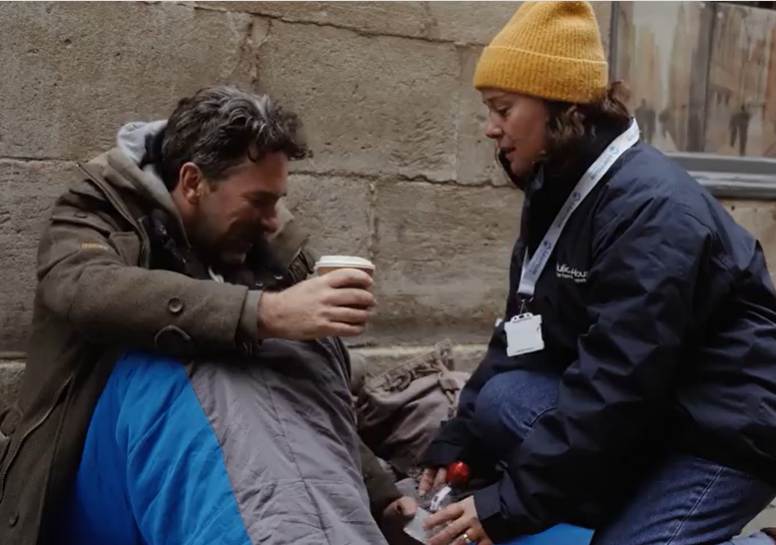
Our Trainer Tenancies service based in Exeter provides supported step-down accommodation for young adults aged between 18-25. The service helps young adults who are at risk of homelessness gain skills and experience to be able to move on to independent living.
We had a chat with some of the team to find out a bit more about what the service provides and who it supports.
What does the trainer tenancy service provide?
Trainer tenancies is supported accommodation that provides a stable place as a stepping-stone for vulnerable young adults (18-25yrs) who are at risk of homelessness, but who have enough skills to be on their way to living independently. We provide light support for things such as budgeting, accessing bank accounts, managing a tenancy, getting into education and work, engaging with meaningful activities, and help to move on. This is intended to be the final step in accommodation from other supported living, so clients need to be ready for this level of independence.
Why is it an important service?
It provides a safety net for vulnerable young people navigating their first tenancy and sets them up to succeed for their move-on independently. It creates move on options from higher supported housing, freeing up spaces for those at higher risk. It provides a quiet, calm environment for those clients who find it difficult to deal with a hectic or chaotic setting.
What sort of clients do you have?
The 8 young people in the service are all amazing for different reasons, having experienced adverse childhood traumas and dealt with situations and backgrounds that would be challenging for anyone. Some are in full time education, some in part or full-time work, some still needing some support to get there. Each flat just has 2 clients, so it is important to match them as well as possible in the hope that positive and supportive relationships can be encouraged. A remit of the project is that clients need to have no extreme behavioural issues, no non-managed mental health and no active drug or alcohol issues.
What are some of the biggest challenges your clients are facing when they come to you?
Alot of the clients have had family relationship breakdowns and that impacts greatly on their mental health. Learning to take responsibility for managing their income well and budgeting within their means is often quite a struggle and takes some time to master, especially with today’s high cost of living.
Where do clients usually move on to after they have left the service?
It is becoming more and more difficult for these relatively lower risk clients to move up on the social housing register, so realistically they are moving on to private rented rooms or properties, or in some cases they need further support and so are referred to other supported housing to continue their journey to independence.
You can read a case study of one of our Trainer Tenancy clients here, or find out more about the service here.






